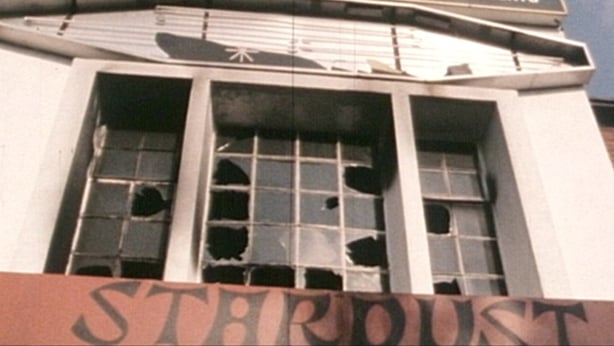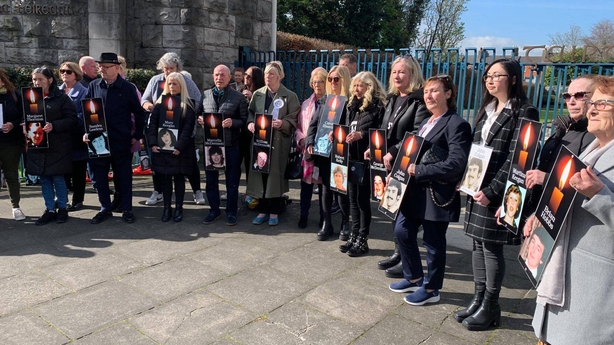The families of the Stardust victims are hoping that the inquest into the 1981 fire will finally give them the thorough, professional investigation into the fire that they have been campaigning for, for decades.
Inquests were held at the time - but they only addressed the medical causes of the deaths, not their context.
No criminal prosecutions were brought against anybody arising from the fire.

Significantly, the High Court ruled last year that this inquest can include 'unlawful killing' as a potential verdict.
Questions
The inquest will attempt to address several outstanding questions including where and how the fire started?
The 1981 Keane Tribunal found that the blaze had probably been caused by arson but a later review (The Coffey Inquiry, 2008) said this was not "justifiable on the evidence".
Similarly, the question of how and why the fire progressed will be examined - with the coroner saying all of these questions need to be re-investigated and that she will not be bound by previous findings.
Also under scrutiny are the circumstances leading to the fire or... the contributory factors.
This will look at things like the design of the building itself, whether there were any prior inspections or warnings... the management of the nightclub, whether there was staff training or fire planning.

The inquest will examine the response within the nightclub when the fire broke out and that of the emergency services.
It will also seek to ascertain whether the blaze and the deaths of the 48 victims could have been prevented.
Structure
The inquest is expected to be divided into three modules. The first involving eye-witness testimony -beginning with nightclub staff and management.
The second will focus on Dublin Fire Brigade’s response and the Garda investigation, and the third module will feature "expert evidence".
Extensive
This inquest is expected to be the most extensive ever held and could last up to six months, with around 350 witnesses.
Campaigners are hoping that it will finally provide the answers that they have spent a lifetime waiting for.






